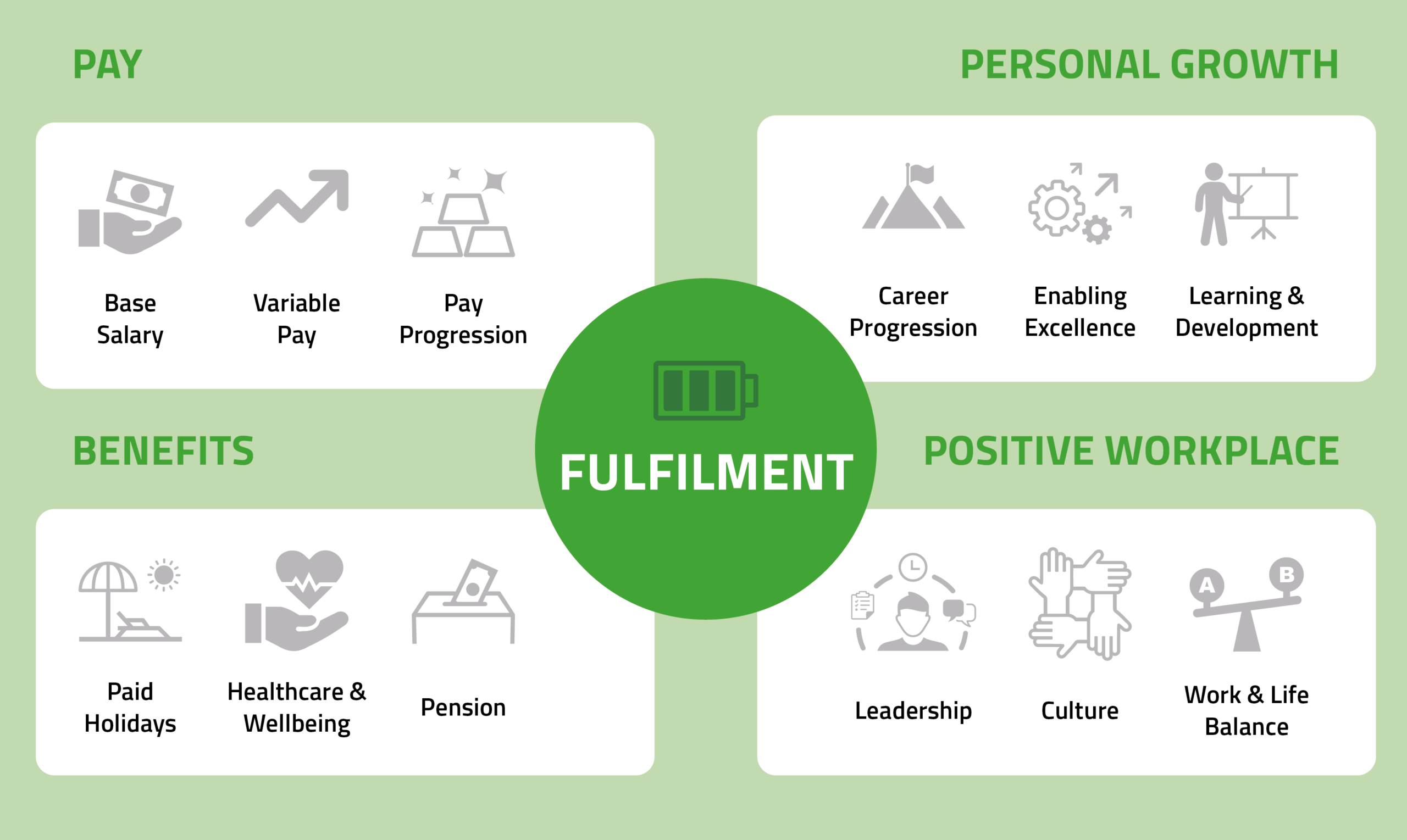At 8pm on 11th March 2021, the public was urged to join a slow handclap as a show of solidarity with frontline NHS staff over the government’s proposed 1% pay rise.
The pay rise equates to just £3.50 a week in extra take-home pay for an experienced nurse, after a harrowing year in which hundreds of NHS workers have died of coronavirus – not to mention the long hours, the uncomfortable and often inadequate PPE, and the huge personal sacrifices that have been made.
NHS workers have been hailed as the heroes of the pandemic, and rightly so. The weekly clapping for NHS staff and other key workers ran for 10 weeks during the first lockdown, but as time wore on, even the nurses themselves grew tired of it. What started as a display of recognition proved hollow when praise became a substitute for fair pay.
Reward, Recognise, Retain
As human beings, we crave recognition. In the workplace, it can take the form of a simple thank you, a thoughtful gift, or opportunities to be involved in exciting new projects. Developing a recognition strategy is an effective way to motivate and engage your people and shape the behaviours you want to see.
But you can’t have icing without cake – and you can’t have recognition without reward. At least, not if you want to retain the people who drive your business forward. Fulfilment in the workplace requires a holistic approach, one that encompasses both pay and recognition (as part of fostering a positive workplace), as well as benefits and opportunities for personal growth.
We call this the four pillars of workplace fulfilment.

“Claps Don’t Pay the Bills”
Do NHS workers feel fulfilled at work? Generally speaking, people choose to work in health and social care because they feel called to it and care deeply about helping others. They have a strong sense of purpose and as such, the work is inherently rewarding. What’s more, NHS workers are known for their strong workplace camaraderie and ability to pull together as a team – without which, surviving the pandemic would have been unthinkable.
But there’s no denying the emotional as well as physical labour involved. While public appreciation is at an all-time high, we’ve failed to back up these sentiments in real terms, not only during the pandemic but throughout the last 10 years. The Royal College of Nursing is calling for a 12.5% increase – in line with inflation – and has set up a £35 million fund to prepare for possible strike action.
Nurses have described the 1% increase as “insulting”, “demoralising” and “shocking”. According to a survey of RCN members working during the pandemic, more than a third of nursing staff are thinking of leaving the profession, driven primarily by concerns about pay.
A Model for Change
What would an ideal situation look like if we were to effectively reward, recognise and retain our NHS workers? Let’s go back to the four pillars of fulfilment:
Pay
When we talk about pay, we’re looking at base salary, as well as variable pay and pay transparency. In the NHS, every role has a band, which runs from bands 1-7 (much like a job levelling framework). Each band has a clearly defined salary level. In addition, there are pay enhancements (variable pay) for out of hours working, shifts, overtime and on calls.
The problem with NHS pay is not lack of transparency but the fact that salaries have fallen in real terms over the last decade. The RCN campaign for a 12.5% pay raise for nursing staff is an opportunity to reconsider whether 1% is a substantial enough reward in light of the personal risk, specialist skills, and emotional resilience required of our health workers and carers.
Benefits
Benefits include perks and rewards such as paid holidays, pension contributions, flexible work hours, and subsidised travel. The NHS has a generous pension scheme, as well as offering health service discounts, maternity and shared parental leave. However, poor work-life balance is an area for improvement, with long hours, irregular working patterns and staff shortages leading to stress, burnout and high turnover.
Personal Growth
Personal growth covers areas like training and career development: empowering employees to develop their skills and achieve their full potential at work. Personal development and career progression form part of the NHS annual review process. Doctors in training are also given study leave and a study budget for courses and conferences.
Positive Workplace
Positive workplace means creating a work environment in which employees feel valued, supported and nurtured. The NHS is renowned for its powerful team spirit, which has carried us through a difficult and painful year.
Clap for Carers was a palpable way to show appreciation during the first waves of the pandemic. But all four pillars matter to achieve fulfilment in the workplace. Without a substantial pay increase, we risk losing our best and most talented doctors and nurses, the people responsible for saving lives 365 days a year.
Reward our healthcare heroes. Recognise their skills and contributions. Retain a happy and fulfilled NHS workforce.
Written by Jenna Thompson
*
3R Strategy is an independent reward consultancy helping organisations to build a culture of trust through pay transparency. Book a free discovery call with us today.

